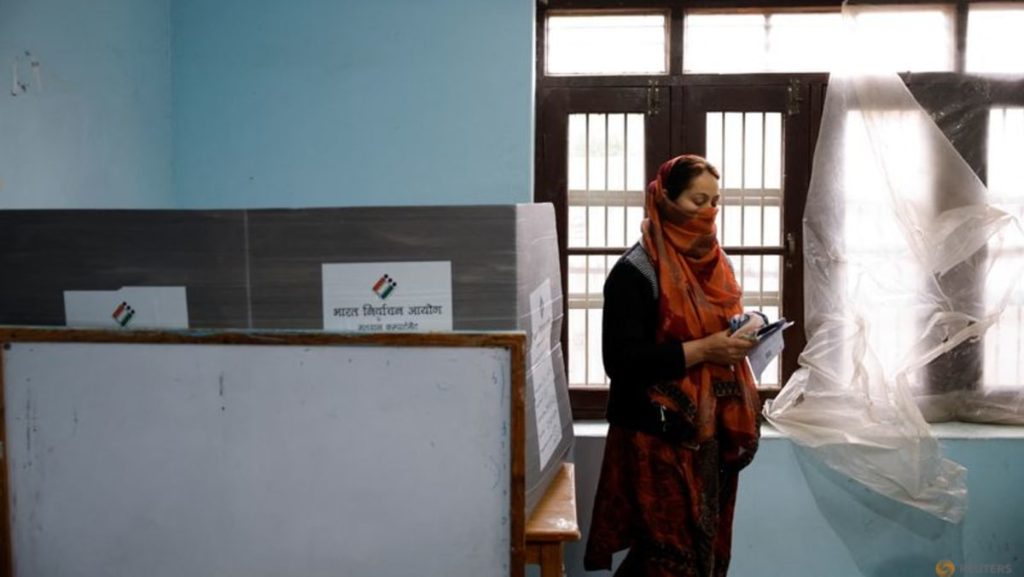India voted on Monday in the fourth phase of a seven-week-long general election, with nearly a billion people eligible to vote. Prime Minister Narendra Modi is seeking a rare, third consecutive term in a contest that pits his Hindu nationalist Bharatiya Janata Party (BJP) against an alliance of over two dozen opposition parties, including main rival Congress. Voting for 96 seats in 10 states and territories took place, with 177 million people eligible to cast their ballots. Turnout is being closely watched after lower numbers in the first three phases raised concerns about voter disinterest in the election.
The lower turnout has led to doubts over whether the BJP and its allies can achieve the predicted landslide victory. Modi shifted the focus of his campaign after the first phase, accusing Congress of planning to favor minority Muslims over disadvantaged Hindu groups and tribal communities. Congress denied making such promises and stated that Modi is rattled by the lower turnout. Surveys indicate that voters are most concerned about unemployment and rising prices. Congress, led by Rahul Gandhi, is advocating for better representation and welfare programs for India’s poor and marginalized groups, highlighting the worsening wealth inequality during Modi’s tenure.
With the world’s third largest Muslim population and a majority Hindu population, India’s voters are facing a choice between economic disparities and religious divisions. The impact of hot weather on voter turnout is also being closely monitored, as temperatures in many parts of the country are reaching 40 degrees Celsius or higher. The opposition INDIA alliance, led by Congress, received a boost when the Supreme Court granted temporary bail to Arvind Kejriwal, chief minister of Delhi and a key opposition leader, allowing him to campaign. Kejriwal, a vocal critic of Modi, was arrested a month before the elections on corruption charges, leading to accusations that the government was targeting the opposition through investigations and arrests.
Modi’s powerful aide and the country’s interior affairs minister, Amit Shah, called for voters to support a decisive government as polling began. The BJP is facing challenges in the southern and eastern states of Telangana, Andhra Pradesh, and Odisha, where its support is not as strong as in other parts of the country. Analysts suggest that the lower turnout prompted Modi to adjust his campaign focus, shifting from his economic record to allegations against the Congress. The impact of voter disinterest and changing campaign tactics on the election outcome remains uncertain, with opinion polls predicting a landslide victory for the BJP and its allies. Despite the challenges, both the ruling BJP and the opposition Congress are making their cases to voters based on issues of economic disparity, welfare programs, and religious divisions.


